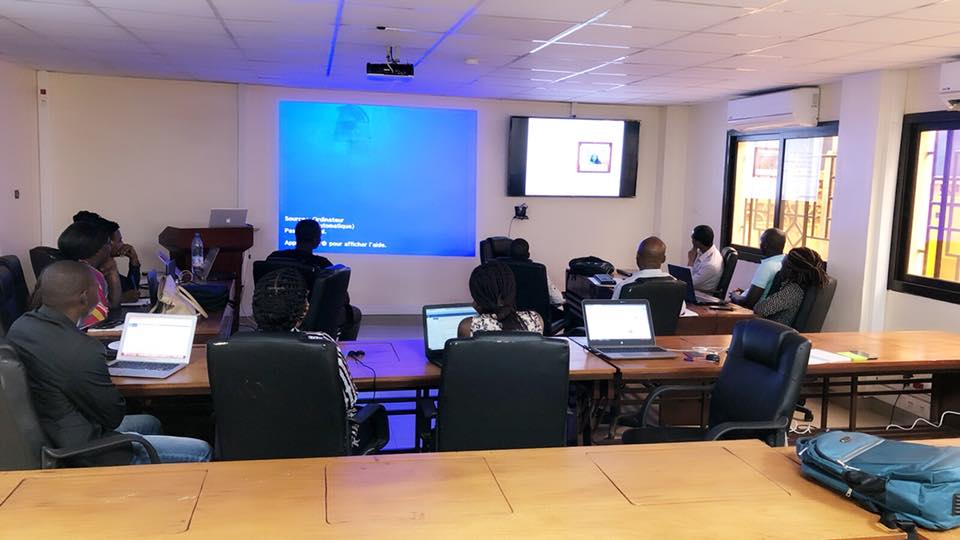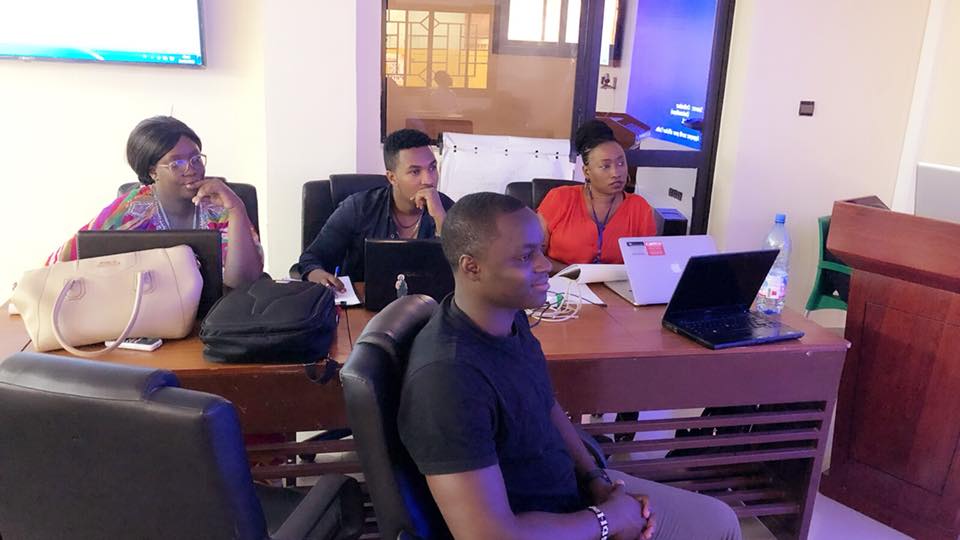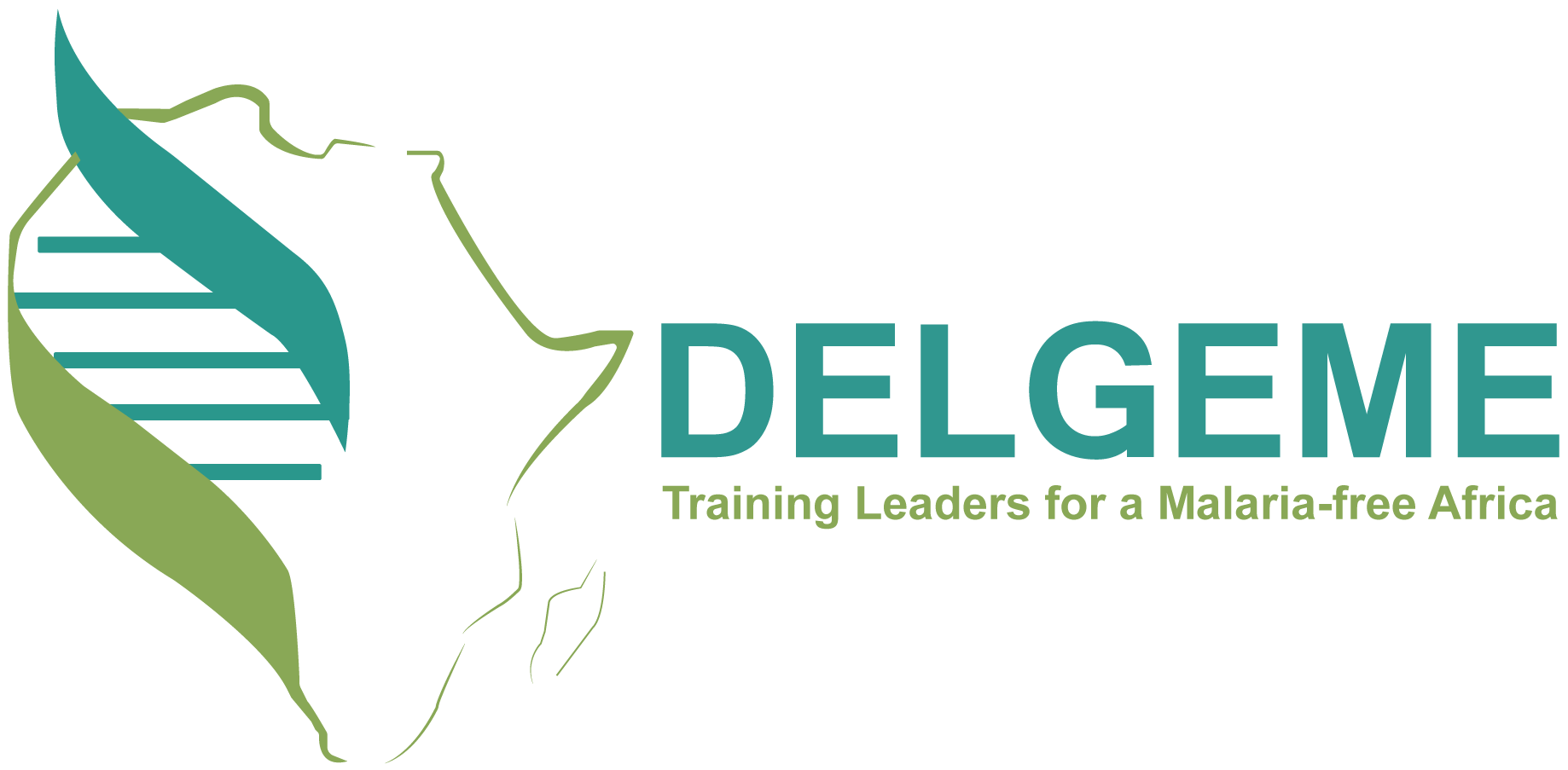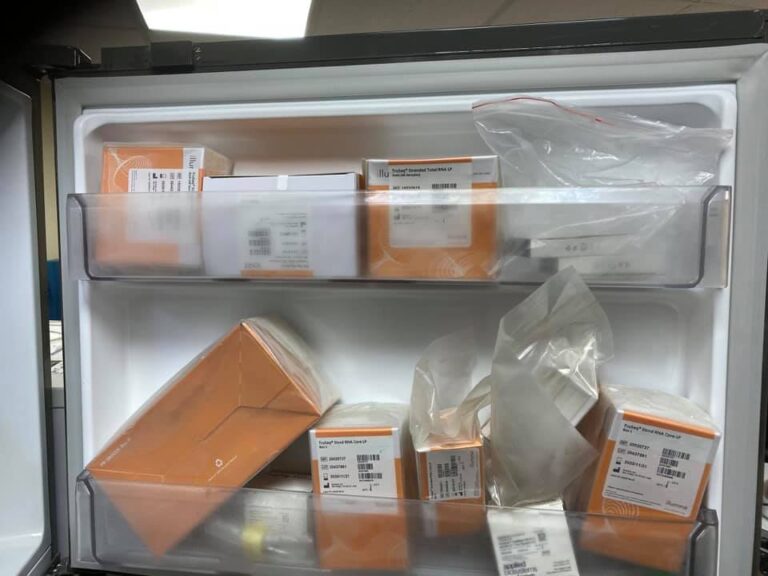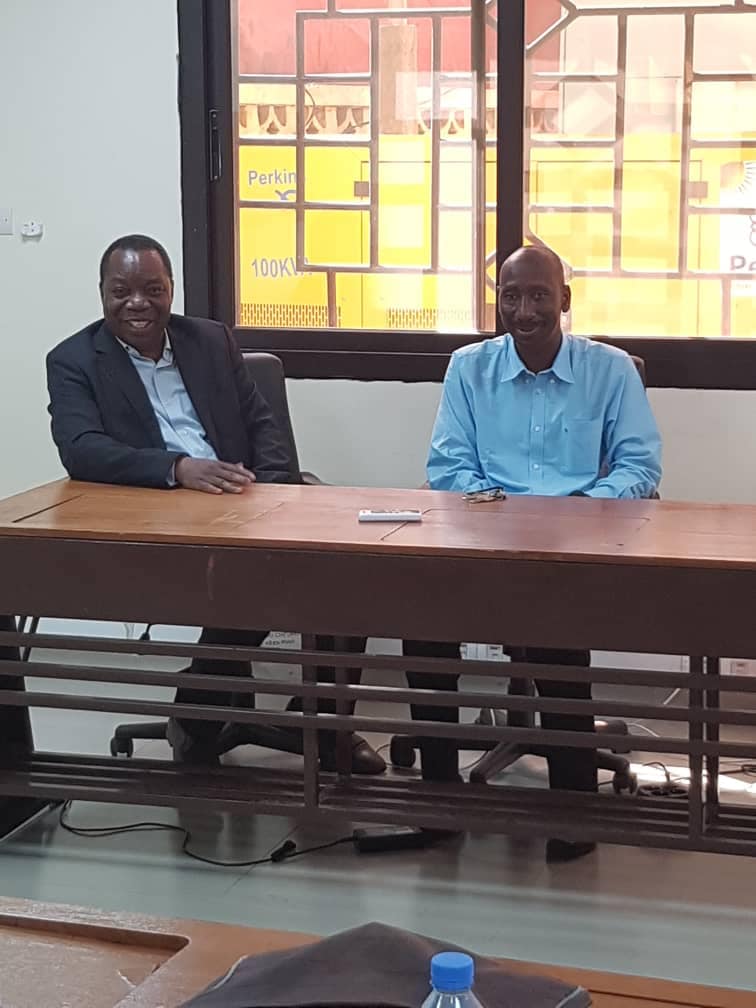DELGEME Master Students from Jomo Kenyatta University Attendance to the H3ABionet Online Bioinformatics course for 3 months
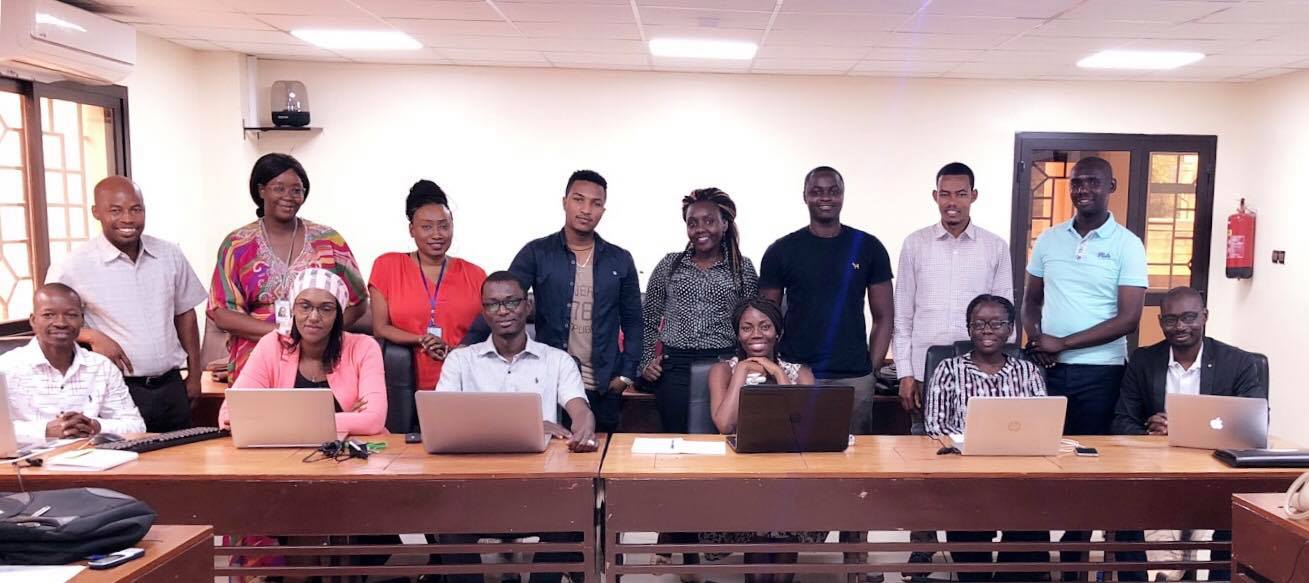
Context
The online courses organized by H3ABionet for 3 months, from September 11th, 2018 to December 13th, 2018, brought together DELGEME students in Master’s degree at Jomo Kenyatta University in Kenya to Bamako, Mali.
These courses were aimed at people from molecular biology studies with a basic knowledge of biochemistry and/or genetics who wanted to learn the use of bioinformatics.
It is in this context that 11 students, including 7 from JKUAT under DELGEME fellowship and 1 student from the USTTB, attended this course with the assistance of Dr. Antoine Dara, DELGEME Post-Doctoral fellow; Miss Aoua Coulibaly, DELGEME PhD fellow; Dr. Moussa Djimdé, DELGEME Master Fellow, and Mr. Issouf Fané, DELGEME IT officer. The purpose of this contribution was to facilitate the practical work of the course and to liaise with the central team of the IBT to coordinate the administration of the classrooms at the local level.
Classes were held twice a week, including Tuesdays and Thursdays from 8:30 am to 12:30 pm.
Goals
The courses were intended to provide an introduction to the field of bioinformatics, with a focus on important tools and resources to this end.
It also aimed to combine theoretical and practical sessions to enable participants to gain practical experience in using the various tools and resources.
Methodology
An online learning model was used for this course.
The trainers pre-loaded their presentations, which were then downloaded and viewed by the local classes during the contact sessions. These sessions were followed by practical sessions in which the participants carried out practical works.
Topics of the Course
The course covered the following main topics:
- Bioinformatics resources and databases
- Linux
- Theory and applications of sequence alignment
- Multiple sequence alignment (MSA)
- Genomics, molecular evolution, and phylogenetics
Outcomes and Expectations
At the end of the course, participants were able to:
- Explain the use of bioinformatics
- Name the key bioinformatics techniques and tools
- Locate important biological databases and retrieve data
- Use effectively the selected tools to perform specific bioinformatics analyses and understand the strengths and limitations of different techniques

